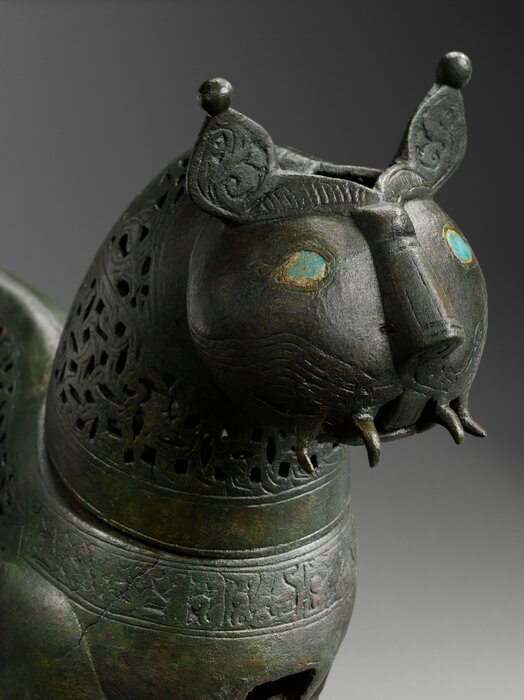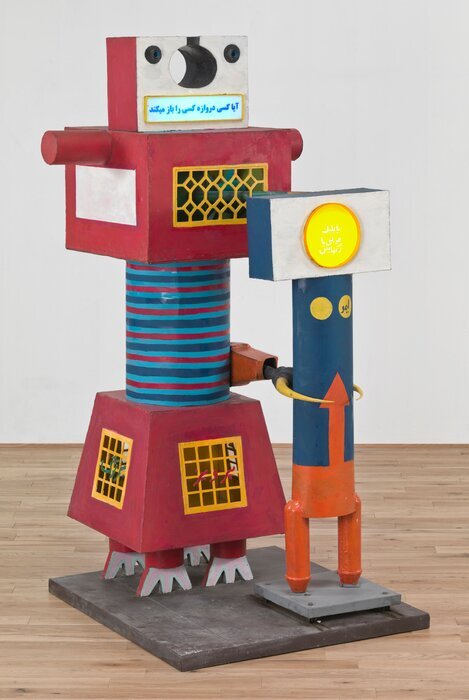The Victoria and Albert Museum in London is scheduled to hold an exhibition on history, culture and art of the last 5,000 years of Iran.
Despite the current restrictions amid the Covid-19 pandemic, the museum plans to hold the exhibition, which is called Epic Iran, from February 13, 2022, to August 30, 2022. 350 antiques belonging to 5,000 years of Iranian history, art and culture would be exhibited in the event.
The occasion would be the first British expo within the last 90 years, which presents a 5,000-year-old story of Iranian art, design and culture.

The first part of the Epic Iran exhibition showcases antiques from 3200 BC, before the early Persian civilizations, the establishment of the Persian Empire, the Sassanid reign, and the advent of the Zoroastrian religion, which offers a heterogeneous picture of the Iranian geography.
John Curtis, one of the organizers of the expo, is of the opinion that visitors would be astonished when they watch the quality and diversity of objects belonging to ancient Iran.
This collection exhibits that Iran, just like Mesopotamia and Egypt, had a sophisticated and rich civilization, and also proves that the Persian Empire, founded 550 BC, inherited a prosperous heritage from the early periods of its history, Curtis said.
The artworks belonging to the era of the establishment of Islam in Iran would be exhibited in the expo, which dates back to the period after the Arab conquest of Iran in the midst of the seventh century.

One of the main themes of the exhibition is the literature. One part of the expo is dedicated to poetry and the use of poems in manuscripts, and the other section is dedicated to the epic Shahnameh poem of renowned Iranian poet Abolghasem Ferdowsi (940-1020 AD).
The exhibition also showcases the fast socio-political changes in Iran from the 1940s to the present time, including the Islamic Revolution and the Iraqi-imposed war on Iran. This section would exhibit works of some contemporary Iranian artists such as Parviz Tanavoli, Monir Farmanfarmaeian and Shirin Neshat.






